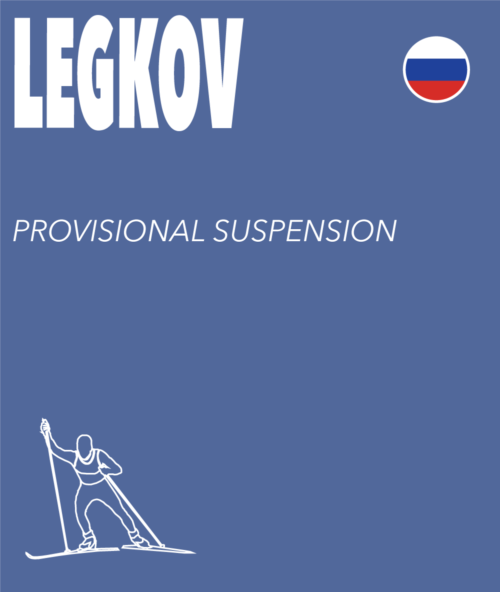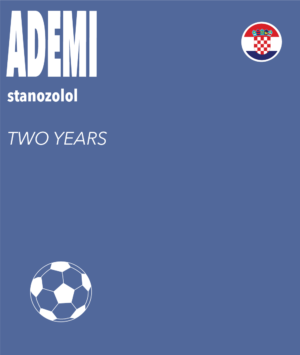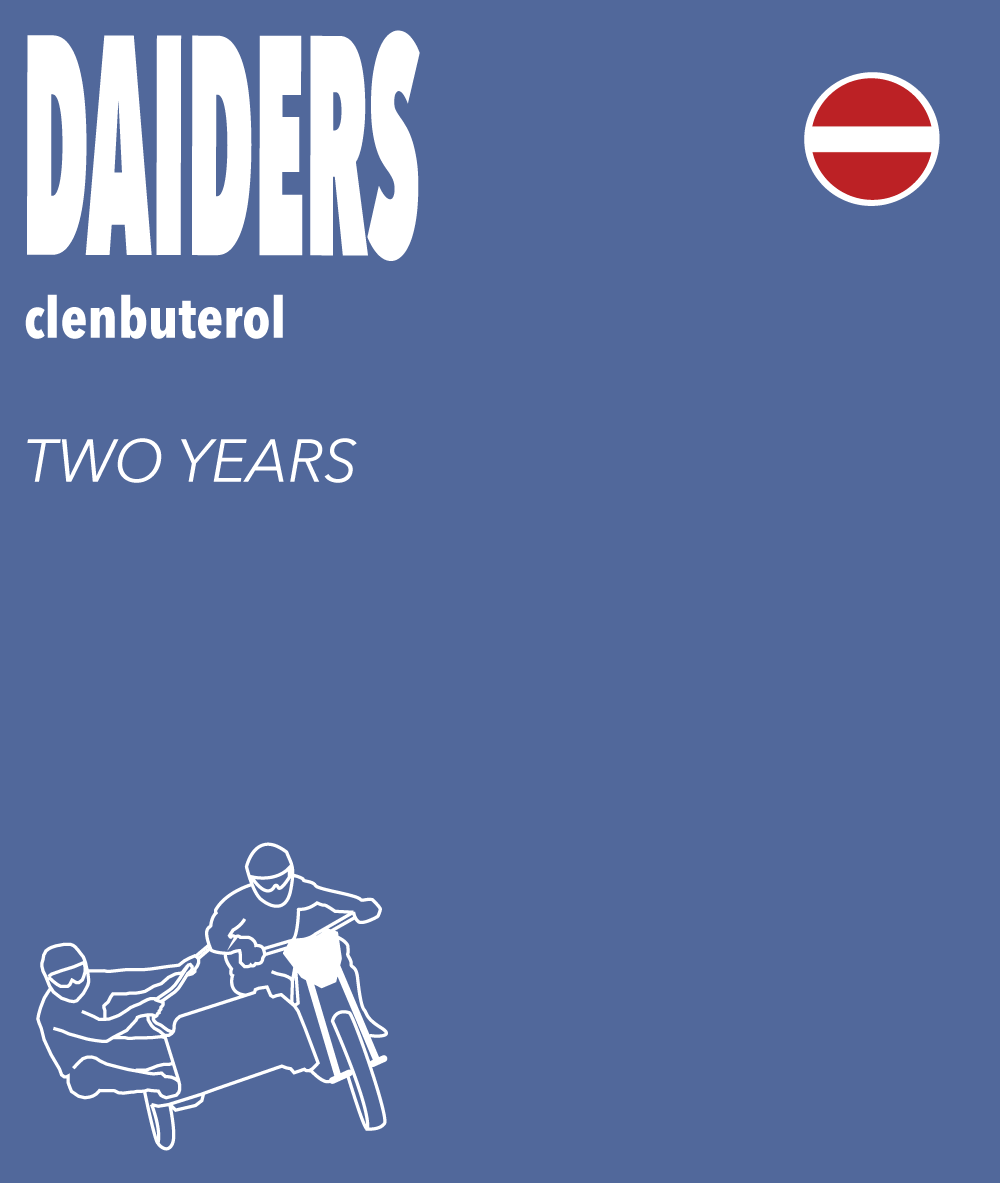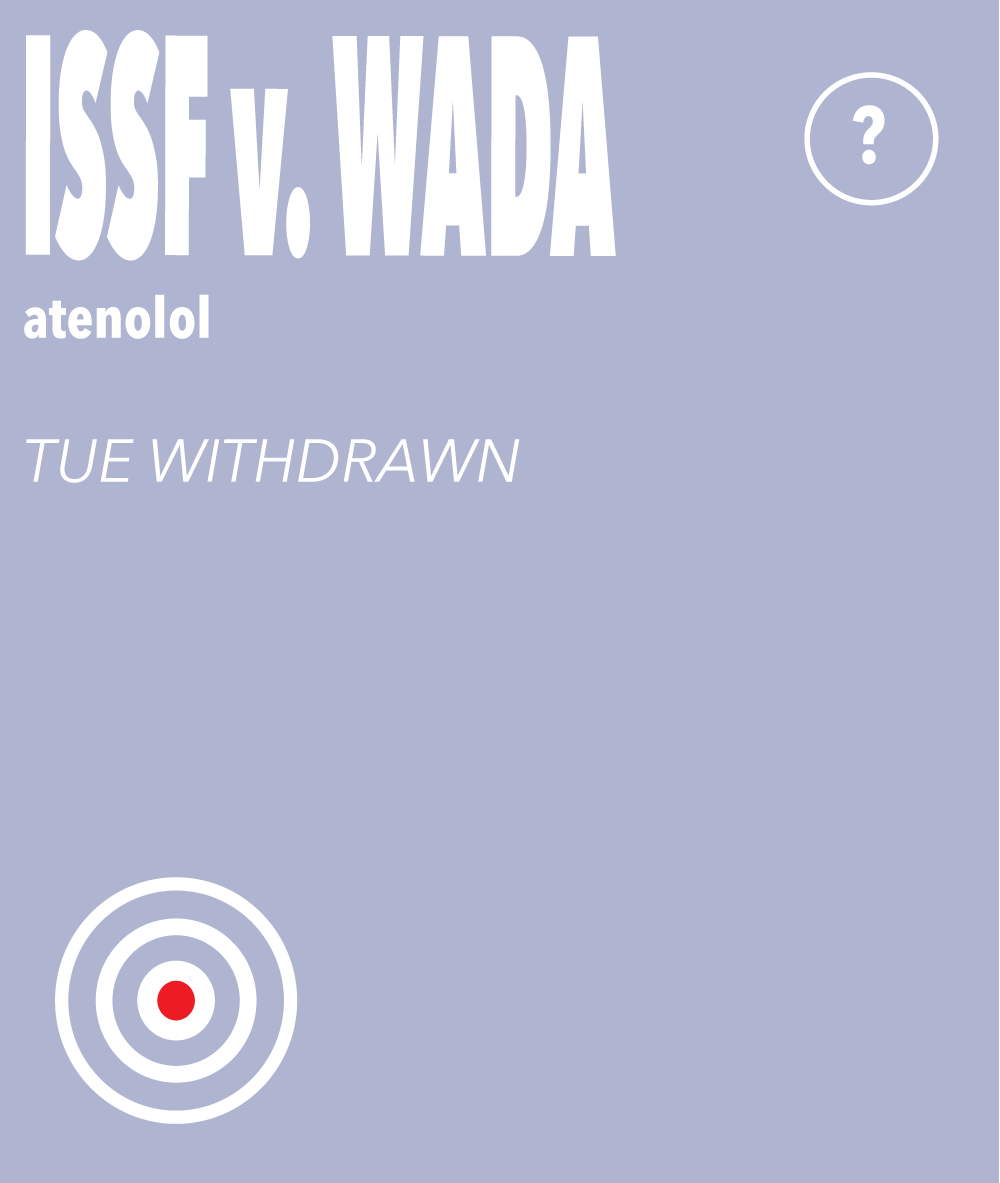Can an Athlete be Provisionally Suspended before (even) being charged with an anti-doping rule violation?
CAS 2017/A/4968, Alexander Legkov v. International Ski Federation (FIS), Award of 31 August 2017 (Operative part 29 May 2017). The International Ski Federation (FIS) imposed a Provisional Suspension on Alexander Legkov, a Russian cross-country skier, prior to charging him with an anti-doping rule violation and based only on allegations contained in the “Independent Person Report,” [...]









